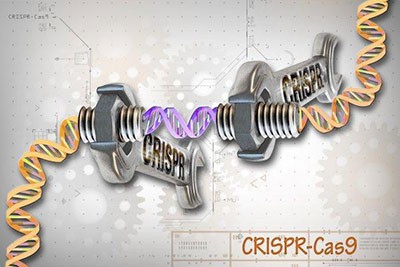According to a leading expert in U.S. research, the modification and editing of DNA of human embryos is "a line that should not be crossed".
U.S. National Institutes of Health director, Francis Collins has now responded to numerous reports about the first human embryos that were modified in China. He contends that there are serious and unquantifiable safety issues that can lead to grave ethical problems also, there is no immediate medical urgency or reason to conduct these experiments.
He confirms that the NIH will not fund this kind of research in the U.S.
However with the breakthrough technology of CRISPR -Cas9 which allows more precision in editing DNA than previous techniques, has triggered great progress in the field of genetics but scientists have expressed mounting concerns about these sudden advances in modifying and editing human embryos.
These concerns were also raised in the scientific journal Nature when rumors went into circulation about embryo editing experiments that are already happening among research groups in China.
Just last week, a team from Sun Yat-sen University in Guangzhou reportedly used the CRISPR technique with defective segments of DNA leading to a blood disorder called beta thalassaemia. Their first experiments using DNA editing was detailed in an obscure journal callled Protein and Cell where the correction was proven successful after seven out of 86 attempts.
However, this resulted in numerous "off target" mutations that were incorporated into human genetic code and ultimately became non-viable which could never develop into a baby.
A moratorium was called out from worldwide scientific groups and institutions to freeze this kind of research until limitations can be established in proceeding with DNA editing.
Amidst all this controversy, the U.S. National Institutes of Health has taken a stand and confirmed that there will no research of this kind that will be allowed.
Collins, who was a key instrument in the Human Genome Project stated that this concept of the alteration of the human germline in embryos under laboratory conditions for clinical studies has been under debate for so many years but this has been considered universally as a line that should not be crossed.
He adds that despite adavnces in technology, these can lead to serious and unquantifiable safety issues including ethical ones when the germline is altered without the consent of the next generation and without any solid medical reasons and applications for doing so, especially if it is just for enhancement.



























